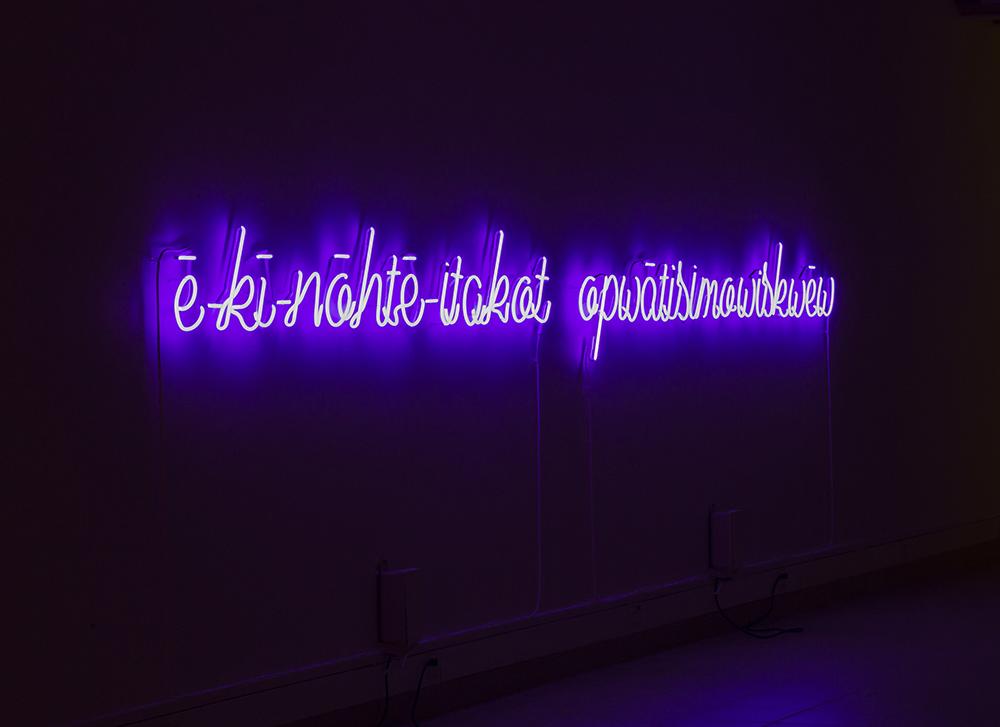-ee5e0e4a5fc023f6ac4a94bb5f22dcea.png)
Create and explore cultural data
LINCS provides the tools and infrastructure to make humanities data more discoverable, searchable, and shareable. Discover how you can explore, create, and publish cultural data.
Explore cultural data with LINCS
LINCS data is published through the ResearchSpace platform, where you can browse entities and investigate connections.
Triples in Progress
People, Places, Groups, Events, and Objects
Datasets in Progress
Researchers, Students, Staff and Partners
Featured Tools
No Tools Found!
Learn More with LINCS
LINCS Term of the Day: Uniform Resource Identifier (URI)
A reliable and usable way to identify a unique entity so multiple datasets from various sources can communicate that they are all referring to the same thing.
Blog Posts
It's All About the People
-ef55de30b2b9ffde3cd81901876b2fa3.jpeg)
I am surprised and thrilled that someone thought it worth nominating me for the Roberto Busa Prize, and overwhelmed to have been placed by ADHO in such illustrious company, fully aware that there is so much superb work in our community...
Designing and Building Responsive Web Applications
-957eec7ac2ff2ba83ba1453d5a83958f.jpg)
When designing and building a web application, ensuring that it is responsive is paramount. A responsive application looks good and functions well on all screen sizes and devices. LINCS applications are being designed to be viewed in a wide range of ways: from tablets to laptops to whiteboard-sized interactive screens.
Newsletters
November 2025
-0d6f41b95079314bcbe47b04fdae5a5b.png)
Since our April newsletter, we have jumped from having published 1.5 million to over 8 million triples carefully modelled in collaboration with researchers to suit the specificities of their data. Millions more to come very soon!
April 2025
-2516041952b13d232c118e42c4362398.png)
2025 finds LINCS a full year into our operational period. The team has been making amazing headway, working together with researchers on their in-progress datasets, collaborating with GLAM organizations in the context of the Forward Linking partnership, and polishing up tools, especially ResearchSpace and the Context Explorer.


-3f46e7871951bc82a08c598d4a05bb3e.jpg)
-d4c053a22986c38e88a041d22da40db3.jpg)


-3696b2c3ace41072763ac90556cf4a09.png)
-409e8cfda1aa01a41859455a32edd279.jpg)
-5535801f00e3b46bb475ef1c32deb078.png)
-6d1264509ff813d4f3155978bf28e225.jpg)

-04e5e35d253c6158ced2411581eec2e7.png)
-39b3bdc1ffe9bb34b6f445d9c6367f94.jpg)